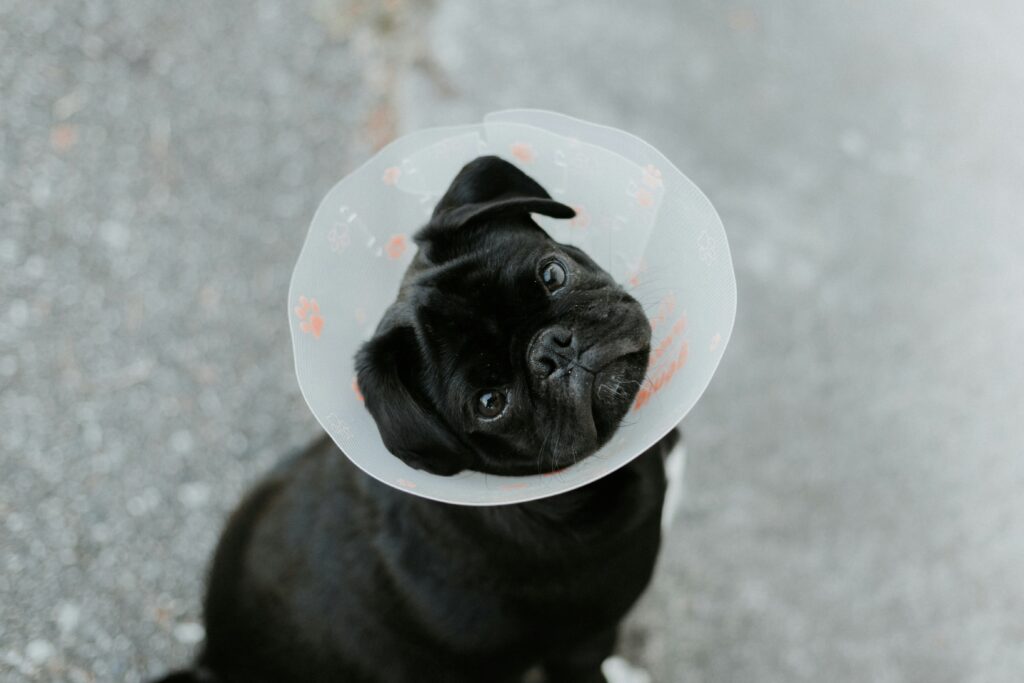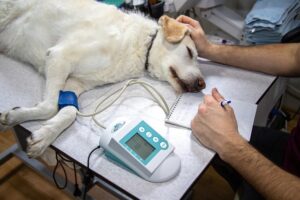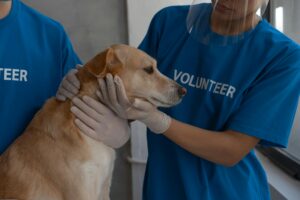Introduction
Spaying or neutering your pet is a common procedure that has both health and behavioral benefits for your companion. Regardless, the days after surgery are critical for helping your pet to recuperate so that it can recover more solidly. Here are tips to help ensure your dog or cat has the care they need to heal after their spay or neuter procedure. So here is a nice little simple guide on how to look after your pet post-neutering.
Immediate Post-Surgery Care
1. Monitor Their Behavior
- Stay Calm: Once you bring your pet home, they will probably be a little bit drowsy from the anesthesia, so stay calm. Store them in a quiet place that is peaceful for them to just sleep peacefully.
- Monitor for Problems: Look for changes in body language or behavior that may indicate discomfort. If your pet is excessively whining or being uncharacteristically lethargic or appears to be in distress, contact your vet. If your pet is excessively whining, very lethargic, or seems distressed, contact your vet.
2. Keep Them Comfortable
- Create a Cozy Spot: Have somewhere cozy and comfortable for your animal to sleep that is out of the way from drafts and noise.
- Limit Movement: Attempt to limit your pet’s movements per se; stop your pet from jumping, running around, and/or playing too rough, as that may disrupt the healing process.
Caring for the Surgical Site

1. Prevent Licking and Biting
- Use an E-Collar: That fashionable “cone of shame” that prevents your pet from licking or biting at the incision site.
- Consider Alternatives: If the e-collar is too uncomfortable, you can try a softer or inflatable version.
2. Keep the Area Clean
- No Baths for Now: Please do not bathe your pet within the first 10–14 days after the surgery, until otherwise told by the vet.
- Daily Checks: Every day, monitor the original incision site for signs of infection (redness, swelling or discharge). If you notice anything unusual, call your vet.
Managing Pain
1. Follow Your Vet’s Instructions
- Use Prescribed Medications: If pain medication is prescribed, be sure to abide by the directions from your vet and give the proper dosage of medication to your pet.
- Avoid Human Meds: Never give your pet an over-the-counter pain reliever for humans, they are toxic to pets.
Diet and Hydration
1. Light Meals
- Small Portions: Reduce the amount of food you offer in a day: Your pet may not be as hungry after the surgery. Feed very small, bland meals the first day.
- Plenty of Water: Generally have fresh water out there for your pet.
Resuming Normal Activity
1. Gradual Exercise
- Short Walks: Once your veterinarian says it’s okay, take slow, controlled walks in order to keep your pet from becoming overly active and getting injured.
- Avoid Rough Play: Be sure you don’t let your pet play roughly or engage in any strenuous activities until it is completely healed.
2. Mental Stimulation
- Toys and Puzzles: Introduce interactive toys and puzzles to keep your pet mentally exercised without straining them too much physically.
- Training Time: One of the best ways to keep your pet engaged and use their mind is with gentle training sessions.
Follow-Up Visits
1. Regular Check-Ups
- Vet Appointments: Keep those scheduled follow-up visits so the vet can track your pet’s recovery.
- Stitch/Staple Removal: With non-dissolvable stitches or staples, the vet will remove them about 10–14 days after surgery.
Conclusion
There are a few ways you can care for your pet at home after neutering, which consists of making sure they stay comfortable and the behavior of your pet is being monitored closely by you according to the precise instructions given my vet. If you simply have a little patience and take the proper steps to pay attention and care for your pet, you can make their recovery faster and more comfortable. Well before you can blink, they are their playful, happy selves all whilst reaping the benefits of a surgery that went well.




